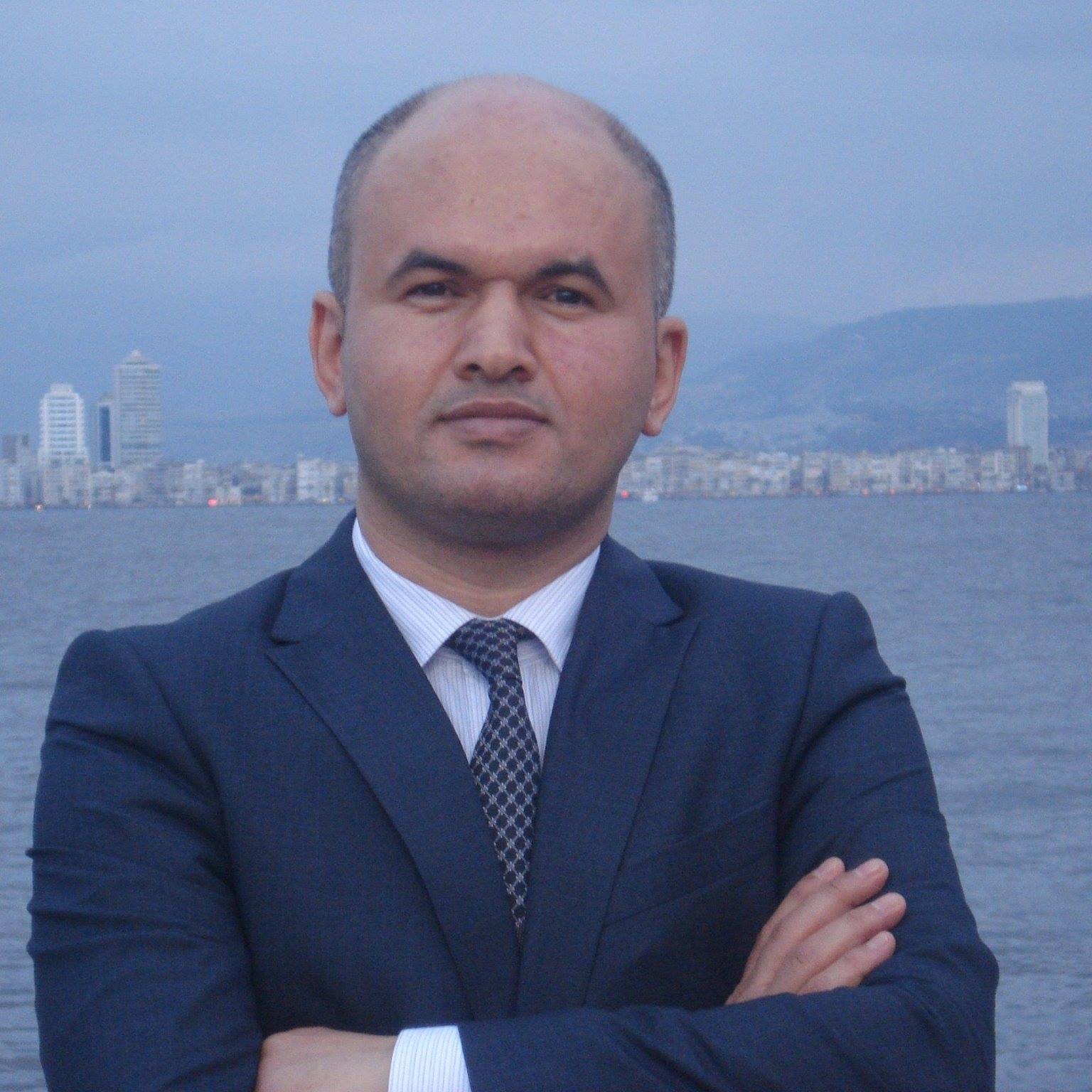Iran seeks to regain its oil market share, not cares about prices

By Sara Rajabova
Hardly hit by the international sanctions imposed over its nuclear program, Iran is looking forward for lifting of all prohibitions and bans that especially hinders the country’s energy exports.
In anticipation of removal of the sanctions, the Islamic republic is undertaking measures to be ready for post-sanctions period. One the main priority of the oil-dependent country in this regard is increasing the oil output.
The Iranian officials has said Iran will export an additional 500,000 barrels of oil a day after sanctions are lifted under the July nuke agreement reached with the world powers last year and begin selling another 500,000 barrel per day six months later.
However, the Islamic Republic is intended to keep the OPEC production ceiling intact while increasing its oil production in accordance with its production quota.
Energy analyst Omid Shokri Kalehsar believes that Iran’s first priority is to recover its oil and gas production and export capacity before EU and U.S. sanctions are lifted.
“Iran expected the other OPEC members to reduce oil production and act according to the Cartel production strategy and let Iran to produce more oil in accordance with its share in OPEC basket before sanctions. According to the Iranian oil ministry’s short-term plan, the country’s oil production capacity will be 450,000 bpd as Iran produced such amount by end of 2005 before former president Mahmood Ahmadinejad came to power,” the expert said.
Asked about the low crude prices, the expert said that Iran does not care about oil prices and wants to take its share in the world oil market. “Iran believes that oil prices in coming years will increase and its share is more important than current oil prices.”
Iran has recently announced that it does not intend to stop oil production even if the prices fall below $30 barrel and could sell oil at these prices.
Iran is prepared for the “worst scenario” as oil prices continue the downward spiral amid global supply glut. With selling its oil to lower prices Iran is seeking to attract more customers.
Iranian crude oil experienced the greatest decline among all oils in market in early January reaching about $28 per barrel.
Iran still hopes the OPEC members will manage to return to their previous production quotas and each country will produce and present oil to the market in accordance with the share allocated to it by the OPEC.
However, the cartel members are not willing to make room for Iran to restore its previous positions. They ignored Tehran’s repeated calls to cut export quota, which stands at 30 million barrels per day.
Tehran once was OPEC’s second-biggest producer and now stands at the fourth place. Other OPEC member countries, especially Saudi Arabia and Iraq, as well as non-OPEC country Russia ramped up production to replace the Iranian oil.
Shokri said Iran is interested in more production and export of its oil after lifting of sanctions, and in this regard the country pays no more attention to the Cartel members’ oil production and export capacities.
“Iran has own consumers in the Asian market and wants to export more to Asian market, European consumers as well,” the expert said.
In 2012, as the United States and the EU imposed sanctions, almost all of Iran's buyers either reduced their purchases or halted them. By 2013, Iran's crude oil and condensate exports dropped to just below 1.3 million b/d, with the main importers being China, India, Japan, South Korea, Turkey, UAE, and Syria. Iran's exports grew by almost 150,000 b/d in 2014, reflecting increased imports by China and India.
Currently, Iran makes the necessary preparations for raising crude oil output after international sanctions are lifted.
However, Iran’s return to the global energy market is expected to dramatically affect the crude market. This return is believed to cause further fall in the global oil prices, especially given the fact that the United States has also recently restored its oil exports.
“Iran is planning to increase its oil production capacity about 500,000 bpd during six month or a year after lifting sanctions. At present there is about 250.000 bpd of oil, and there is more production over consumption. There is no demand for such amount of production in the world oil market. More productions would be in favor of consumers. It should be noted that the U.S. exports oil to world market and it means more oil in world oil market. Iran’s surplus production and the U.S. oil, in addition more productions by the OPEC members and other countries such as Russia would have a negative effect on global oil market and cause further fall in oil prices,” Shokri underlined.
On the falling oil prices, Shokri expects that an increase in oil prices can be seen by the end of 2016, however, only if OPEC members decrease oil production.
“Russia also has to decrease its oil production. Economic growth in the consumer market such as China and India should continue,” the expert said.
--
Sara Rajabova is AzerNews’ staff journalist, follow her on
Twitter: @SaraRajabova
Follow us on Twitter @AzerNewsAz
Here we are to serve you with news right now. It does not cost much, but worth your attention.
Choose to support open, independent, quality journalism and subscribe on a monthly basis.
By subscribing to our online newspaper, you can have full digital access to all news, analysis, and much more.
You can also follow AzerNEWS on Twitter @AzerNewsAz or Facebook @AzerNewsNewspaper
Thank you!
